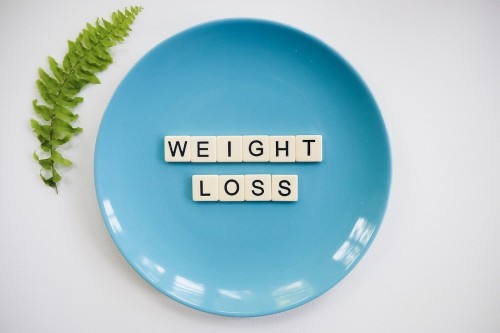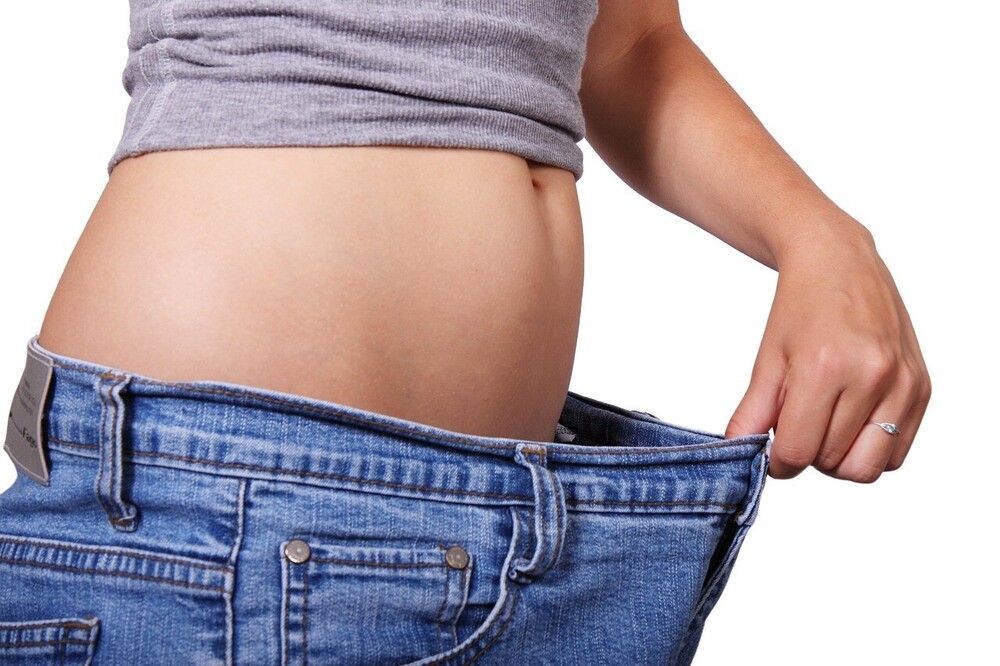No Guts No Glory…Is Gut Health the Key to Successful Weight Loss?

posted 1st January 2024

If one of your New Year's resolutions is to lose weight, then looking after your digestive health may hold the key to your success!
Did you know that deep down in our large intestine, there are around 100 trillion microbes - mainly bacteria? These microbes form what is commonly known as our gut microbiome. There are hundreds of different strains of these gut bacteria, and whilst many of them are helpful to us, some of them may actually hinder good health. The important thing is to make sure that we have the right quantities of helpful bacteria and crowd out the bad ones.
Recent studies have compared the gut microbiome of both obese and lean sets of twins. The lean twins were found to have a much more diverse microbiome with good levels of beneficial bacteria, whereas the obese twins had far less diversity with fewer useful microbes.
A good balance of healthy bacteria can:
- Help us to digest our food more efficiently
- Protect us against pathogens such as viruses
- Provide us with essential nutrients and enzymes
- Regulate our immune system
- Manage our metabolism
Whereas an unbalanced microbiome can result in:
- Digestive issues
- Hormone imbalances
- Food cravings
- Feelings of lethargy
- Low mood and anxiety
- Poor immunity
- Weight gain
Gut microbes have also been found to alter the way we store fat, how we balance our blood sugar levels and how we respond to our hunger hormones and signals of feeling full.
So if you are keen to start nurturing your gut microbiome in 2024 to help manage your weight, here are a few simple tips to get you started:
1. Minimise Stress
Research has shown that being under stress reduces the number and diversity of our gut microbes. Try to make sure you spend time in your day enjoying periods of relaxation and mindfulness.
2. Exercise
Studies on the microbiome of athletes demonstrate a greater variety of gut bacteria than inactive people. Exercise may increase different bacterial strains as well as being beneficial for stress and weight loss. A brisk daily walk is a good place to start.
3. Avoid Processed Foods
Processed foods are often high in sugar, salt, hydrogenated fats, additives and preservatives. These can suppress beneficial bacteria and allow unhealthy microbes to take a hold. Processed foods are also low in nutrients and are more likely to contribute to weight gain. Focus on whole foods which are high in beneficial nutrients and which will encourage the growth of a diverse healthy microbiome.
4. Fill up on Prebiotics
Prebiotics are non-digestible fibres that pass through your digestive system and provide a feast for your waiting microbes. Most vegetables, berries, pulses, nuts and seeds are high in prebiotic fibres and a diverse range with a rainbow of colours will encourage a rich and diverse gut microbiome.
5. Add in Natural Probiotics
Eating probiotic foods which contain live bacteria and cultures provide a great boost for our gut microbiome. A good source of these are fermented foods such as kefir, kombucha, kimchi, sauerkraut and miso as well as live, natural yoghurt.
Medicinal Eating Nutritional Therapy can help provide a personalised nutrition and lifestyle plan that fits with your own weight loss goals. This can also take into account any pre-existing conditions such as an underactive thyroid or diabetes which may be influencing your weight. Functional testing into the gut microbiome and genetic influences can also help identify specific needs for each individual. For further information please contact Medicinal Eating or email Janine at info@medicinaleating.co.uk.


